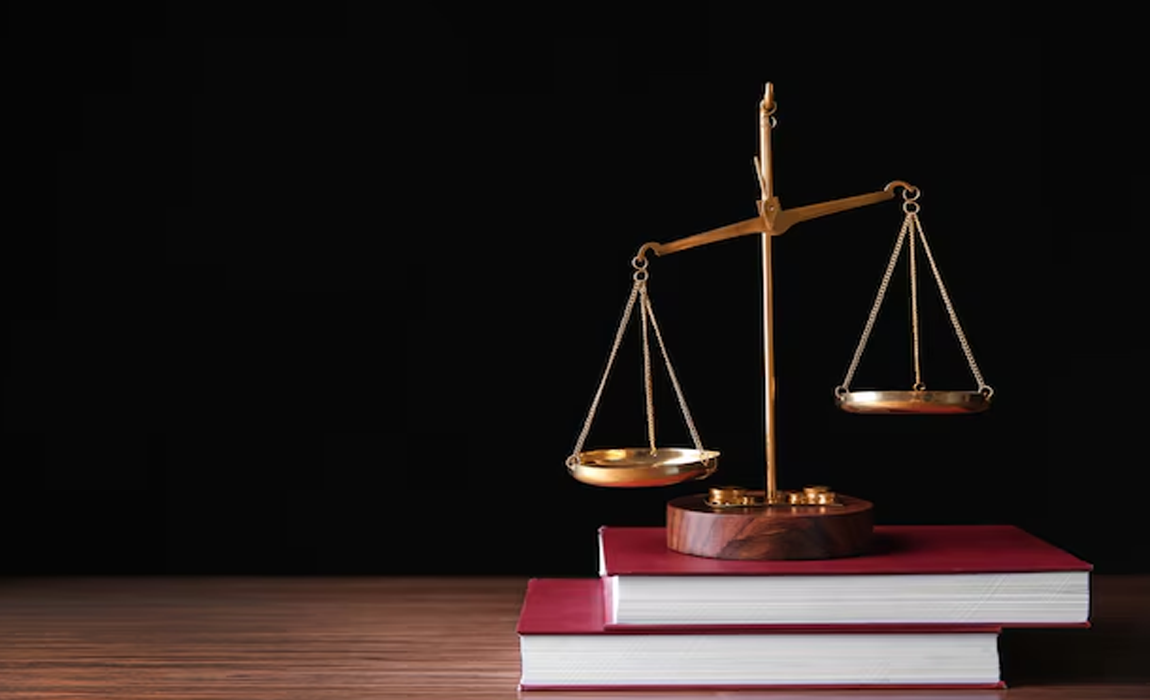ACTS OF CHILDREN: UNDER SEVEN YEARS AND BETWEEN SEVEN TO TWELVE YEARS OF IMMATURE UNDERSTANDING

Section 20: Act of a Child Under Seven Years of Age.
Section 20 of the BNS stipulates that any act committed by a child under the age of seven years shall not constitute an offence. This provision is grounded in the legal principle of doli incapax, which posits that children of this age lack the requisite mental capacity to form criminal intent, or mens rea.
The law recognizes that children under seven do not possess the ability to comprehend the distinction between right and wrong. Consequently, even if a child engages in behaviour that appears wrongful, they cannot be held criminally liable. This section serves as a protective measure, ensuring that very young children are shielded from the punitive consequences of actions they are incapable of understanding.
Section 21: Act of a Child Above Seven and Under Twelve Years of Age of Immature Understanding.
Section 21 addresses the liability of children aged between seven and twelve years. Under this provision, a child in this age group will not be deemed to have committed an offence if it can be demonstrated that they lack sufficient maturity to understand the nature and consequences of their conduct at the time of the act. The maxim malitia supplet aetatem meaning "malice supplies defect of years" is applicable here.
This section outlines the possibility of a partial defence for children aged seven to twelve. A child in this age group can claim this defence if they can prove that their maturity level prevented them from fully understanding the consequences of their actions. Evaluating a child's maturity happens on an individual basis, considering factors like their behaviour before and after the incident, as well as their understanding of what occurred.
For instance, in Hiralal Mallick v. State of Bihar, the Supreme Court ruled in favour of a child who had taken a button, indicating that the circumstances did not demonstrate sufficient maturity to warrant liability. Conversely, in Ulla Mahapatra v. The King, the court held an eleven-year-old accountable after concluding he understood the consequences of his violent actions.
